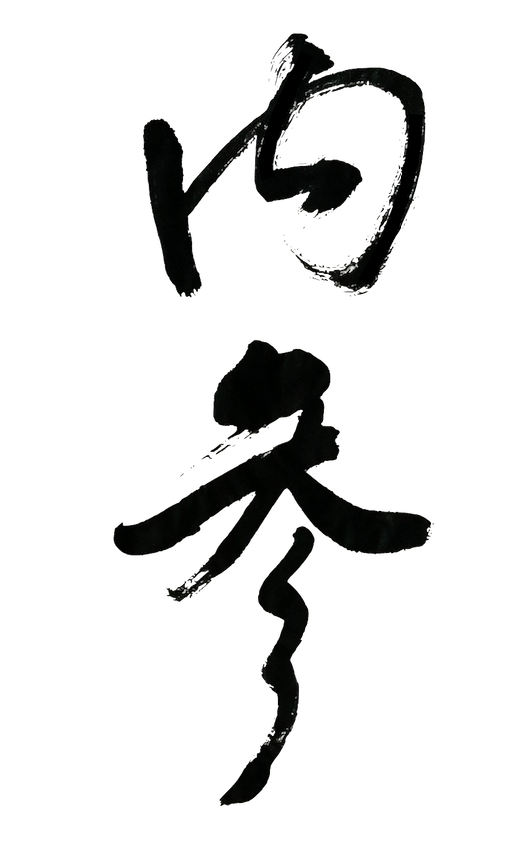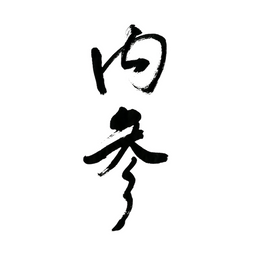Brief #140: Two Sessions 2023: Outcomes
China’s annual Two Sessions concluded on March 13. Outcomes included reshuffling leadership for state institutions and approving a plan to restructure the State Council.
This note is divided into two sections:
- Outcomes from the National People’s Congress
- Outcomes from the Chinese People's Political Consultative Conference
National People's Congress
The 14th National People's Congress held its first session from March 5th to 13th, resulting in the following nine outcomes:
- Approval of the work report of the Standing Committee of the 13th National People’s Congress
- Approval of the work report of the State Council (aka Government Work Report)
- Approval of the work report of the Supreme People’s Court
- Approval of the work report of the Supreme People’s Procuratorate
- Approval of the central and local budgets
- Approval of the national Economic and social development plans
- Approval of the State Council Institutional Reform Plan
- Election and appointment of leaders of state institutions
- Passage of amendments to the Legislation Law
For a list of official documents from this National People’s Congress session:

State Council’s Government Work Report
On March 5, Chinese Premier Li Keqiang delivered the 2023 Government Work Report to the National People's Congress.
We compared this year’s Government Work Report with the one from last year to identify changes to policy requirements and orientation, major priorities, development targets and other policy positions:

State Council Institutional Reform Plan
On March 10, the National People's Congress approved the State Council Institutional Reform Plan (国务院机构改革方案).
Under this plan, a dozen central government institutions will be reorganised, and two new ones will be established. This will occur across portfolios that include science and technology, financial regulation and management, rural development, and population ageing.
The most prominent measures include reorganising the Ministry of Science and Technology to refocus on its core functions, establishing the new National Financial Regulatory Administration to oversee the financial sector (except for financial securities), and establishing the National Data Administration to oversee data policy.
The State Council Institutional Reform Plan implements changes to state institutions as part of a larger plan - the Party and State Institutions Reform Plan - adopted by the Central Committee during its second plenary session in February.
For more on the State Council restructuring:

The larger plan, the Party and State Institutions Reform Plan, was released on March 16. We will put out a brief on the plan shortly.
New State Leaders
A new state leadership was confirmed during the annual session of the National People's Congress. Here are the leaders for the key positions:
- President: Xi Jinping 习近平
- Vice President: Han Zheng 韩正
- Premier: Li Qiang 李强
- Vice-Premiers: He Lifeng 何立峰, Zhang Guoqing 张国清, Liu Guozhong 刘国中
- State Councilors: Wang Xiaohong 王小洪, Wu Zhenglong 吴政隆, Shen Yiqin 谌贻琴, Qin Gang 秦刚
For background, leadership positions in the Communist Party and the Chinese state are decided every five years. During the Communist Party's congress, which is held once every five years, a new Central Committee is elected. This new Central Committee then selects a new Party leadership (Politburo), headed by the General Secretary. We witnessed this process unfold in October of last year with the 20th Party Congress and the first plenary session of the new Central Committee.
Following the Party Congress, the new Central Committee decides on a list of candidates for the state (note NOT party) leadership positions. This list was confirmed in February at the second plenary session of the Central Committee.
During the annual session of the National People's Congress following a Party Congress, the list of candidates recommended by the Party for state leadership positions is confirmed through formal voting and appointments. We saw this process at the National People's Congress, where Xi Jinping was elected to his third term as State President. The vote had 2,952 delegates in favour, none against, and none abstaining.
The next Party Congress, with the accompanying reshuffling of the Party leadership, is expected to occur in late 2027. The next reshuffle of state leadership is expected in March 2028.
For more on the election and appointment of state leadership positions this time around:

Chinese People's Political Consultative Conference
The 14th National Committee of the Chinese People’s Political Consultative Conference (CPPCC) held its first session from March 4 to 11. The CPPCC National Committee comprises 2,172 members (Chinese | English) from 34 participating groups.
CPPCC is a united front organisation under the control of the Communist Party. It is a forum for consultation, a source of advice to the Party-state, and a tool for social legitimisation and elite cooptation.
Below are the seven outcomes of the session:


